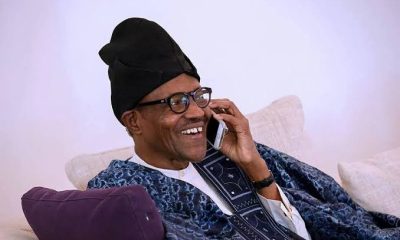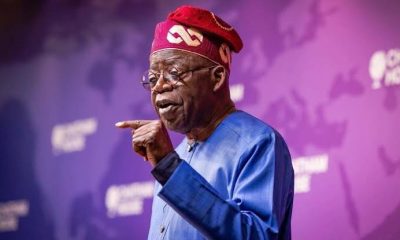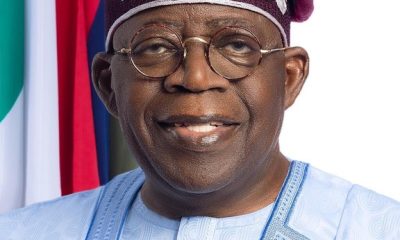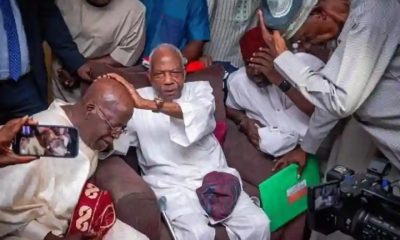Headline
FG To Dissolve Boards Of Federal Agencies, Parastatals
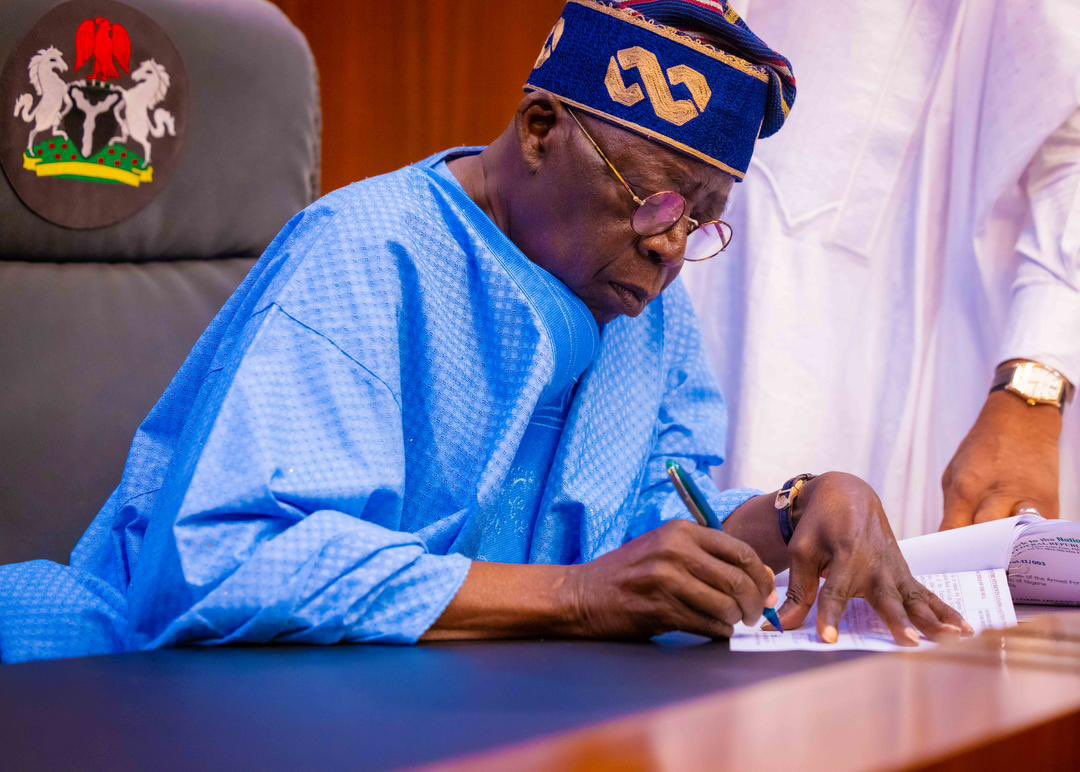
Acting under pressure from supporters pushing for political relevance, the federal government may have decided to dissolve the boards of federal agencies and parastatals, THISDAY has learnt.
However, because some of the positions are tenured, it is not certain how far it would be implemented, but there are strong indications that the Presidency may have given the Office of the Secretary to the Government of the Federation (SGF), the go-ahead to dissolve and reconstitute the managements and boards of the agencies and parastatals.
The green light to dissolve to board of parastatals has already alerted political lobbyists who are gearing up to be appointed in the event of the dissolution of the boards of the federal parastatals.
However, when contacted yesterday on the issue, the Director Information OSGF, Willie Bassey, said he was unaware of such presidential approval. There are about 42 agencies and parastatals directly under the supervision of the OSGF, that directly help the government in the daily running of varying and specific, oversight and administrative functions.
The dissolution of the boards is expected to help President Bola Tinubu to shape the agenda of his own administration. Some senior civil servants who spoke to THISDAY last night, said that it would not be out of place for Tinubu to dissolve the boards of federal parastatals inherited from former President Muhammadu Buhari.
They noted that his predecessor also carried out a similar cleansing exercise in 2015 when he aproved the dissolution of the governing boards of federal parastatals, agencies and institutions.
Under Buhari’s instruction, the chief executive officers of the affected parastatals, agencies and institutions were directed to refer all matters requiring the attention of their boards to the president, through the Permanent Secretaries of their supervising ministries.
Similarly, Buhari had also constituted the boards of the six aviation agencies less than 24 hours to the end of his administration after the agencies operated without boards for close to a decade, despite that their Acts make the constitution of boards mandatory.
The agencies were the Nigeria Civil Aviation Authority (NCAA), the Federal Airports Authority of Nigeria (FAAN), the Nigerian Airspace Management Agency (NAMA), the Nigerian College of Aviation Technology (NCAT), the Nigerian Meteorological Agency (NiMet) and the recently created Nigerian Safety Investigation Bureau (NSIB).However, the appointments were not confirmed as the ninth Senate could not ratify them before its dissolution and the subsequent inauguration of a new government on May 29.
Headline
EFCC bars dollar transactions, orders embassies to charge in naira

The Economic and Financial Crimes Commission has barred foreign missions based in Nigeria from transacting in foreign currencies and mandated them to use Naira in their financial businesses.
The EFCC has also mandated Nigerian foreign missions domiciled abroad to accept Naira in their financial businesses.
The anti-graft agency said the move is to tackle the dollarisation of the Nigerian economy and the degradation of the naira
The Commission, therefore, asked the government to stop foreign missions in Nigeria from charging visa and other consular services in foreign denominations.
The EFCC gave the advisory in a letter to the Minister of Foreign Affairs, Amb. Yusuf Tuggar, for onward transmission to all foreign missions in the country.
In the letter, the EFCC said it issued the advisory because the practice of paying for consular services in dollars was in conflict with extant laws and financial regulations in Nigeria.
In a letter dated April 5, 2024, which was addressed to the Minister of Foreign Affairs, Ambassador Yusuf Tuggar, titled: “EFCC Advisory to Foreign Missions against Invoicing in US Dollar,” the EFCC Chairman, Ola Olukoyede expressed dismay over the invoicing of consular services in Nigeria by foreign missions in dollars.
The EFCC cited Section 20(1) of the Central Bank of Nigeria Act, 2007, which makes currencies issued by the apex bank the only legal tender in Nigeria.
The letter read, “I present to you the compliments of the Economic and Financial Crimes Commission, and wish to notify you about the commission’s observation, with dismay, regarding the unhealthy practice by some foreign missions to invoice consular services to Nigerians and other foreign nationals in the country in United States dollar ($).
“It states that ‘the currency notes issued by the Bank shall be the legal tender in Nigeria on their face value for the payment of any amount’.
“This presupposes that any transaction in currencies other than the naira anywhere in Nigeria contravenes the law and is, therefore, illegal.”
The commission further stated that the rejection of the naira for consular services in Nigeria by certain missions, along with non-compliance with foreign exchange regulations in determining service costs, is not just unlawful but also undermines the nation’s sovereignty embodied in its official currency.
The letter continues: “This trend can no longer be tolerated, especially in a volatile economic environment where the country’s macroeconomic policies are constantly under attack by all manner of state and non-state actors.
“In light of the above, you may wish to convey the commission’s displeasure to all missions in Nigeria and restate Nigeria’s desire for their operations not to conflict with extant laws and regulations in the country.”
Diplomatic sources said yesterday, May 10, that some embassies were wondering whether the EFCC’s advisory represented the position of the Federal Government.
Headline
Prince Harry visits sick Nigerian soldiers in Kaduna

Prince Harry and his team visited the 44 Nigerian Army Reference Hospital in Kaduna to interact with wounded soldiers who are receiving treatment.
The Duke of Sussex is in Nigeria with his wife to champion the Invictus Games, which Harry founded to aid the rehabilitation of wounded and sick servicemembers and veterans.
Nigeria joined the Invictus Community of Nations in 2022 becoming the first African country to join.
Prince Harry’s visit to Kaduna came 68 years after his late grandmother Queen Elizabeth II visited the state during the time of the late Premier of Northern Region Sir Ahmadu Bello.




-

 Headline5 days ago
Headline5 days agoPrince Harry visits sick Nigerian soldiers in Kaduna
-

 Entertainment5 days ago
Entertainment5 days agoAMVCA Cultural Day: BBNaija’s Neo, Venita win Best Dressed Male, Female
-

 Metro5 days ago
Metro5 days agoEx-Sports Minister laments after hospital neglected him for hours over N80000 deposit
-

 Headline5 days ago
Headline5 days agoEFCC bars dollar transactions, orders embassies to charge in naira



